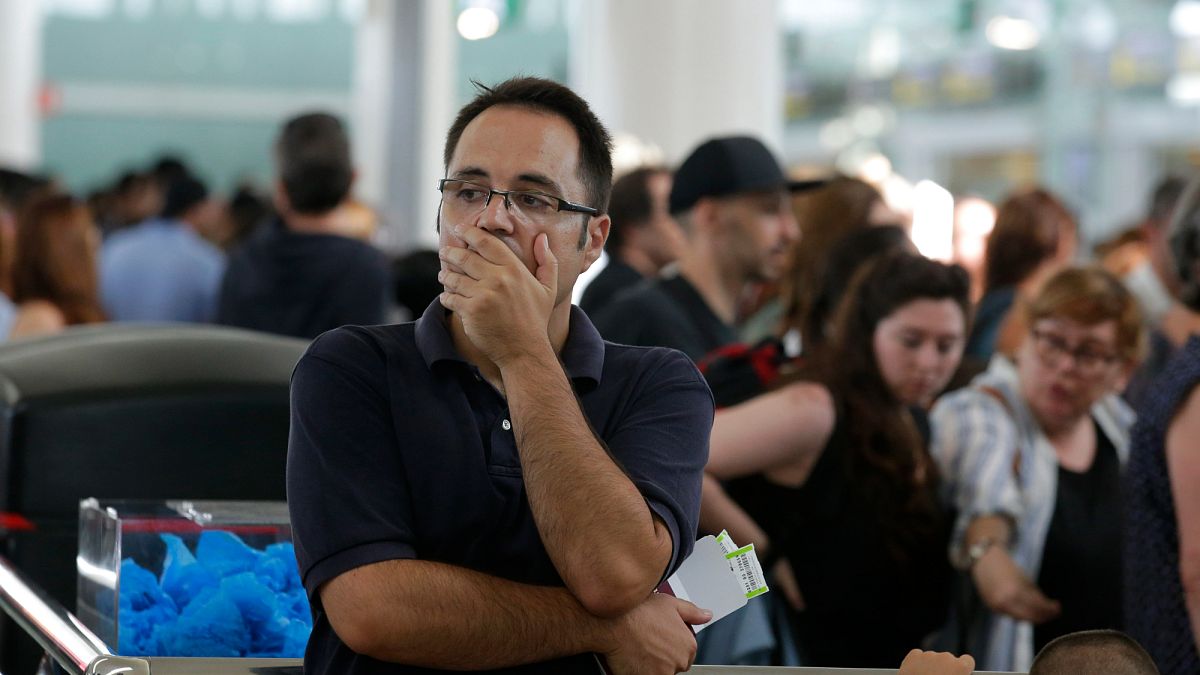Travellers flying to France or over French airspace were bracing for severe disruption this week caused by industrial action.
SNCTA, the main French air traffic control union, had called a three-day strike from Tuesday 7 October to Thursday 9 October.
However, the union has called off the walkouts after consultations with the Civil Aviation Authority.
The industrial action was originally planned for September 18 but was postponed following the collapse of the French government on 8 September.
French ATC workers cancel October strike
SNCTA told news agency AFP that it had called off the strike after having “made progress on internal issues” and held “calm discussions with all parties involved”.
The union added that no new strike dates have been planned.
The news comes as a relief to tens of thousands of passengers taking flights in Europe this week.
The walkout wouldn’t have just impacted travellers flying to and from France, but also those crossing French airspace.
France is one of Europe’s busiest travel corridors, with roughly one in three European flights passing over the country. So, reduced air traffic control capacity forces airlines to delay, divert, or cancel a large number of flights.
Tens of thousands of passengers could have seen their flights cancelled or at least delayed.
During the last major strike by French air traffic controllers in July, the two-day walkout led to almost 3,000 cancellations and one in nine flights that did operate were delayed by an average of 41 minutes. Between 40,000 and 50,000 passengers saw their flight grounded.
Europe’s air traffic coordinator, Eurocontrol, estimated that the disruption in July cost the industry about €120 million.
What is the union asking for?
The previous strike was postponed because of changes at the top of the French government. The union said it was “impossible to achieve demands” with no minister of transport.
With the political climate stabilising, the union renewed its demands in October. SNCTA has raised several grievances over better pay and working conditions for air traffic controllers, including concerns over understaffing and outdated equipment.

